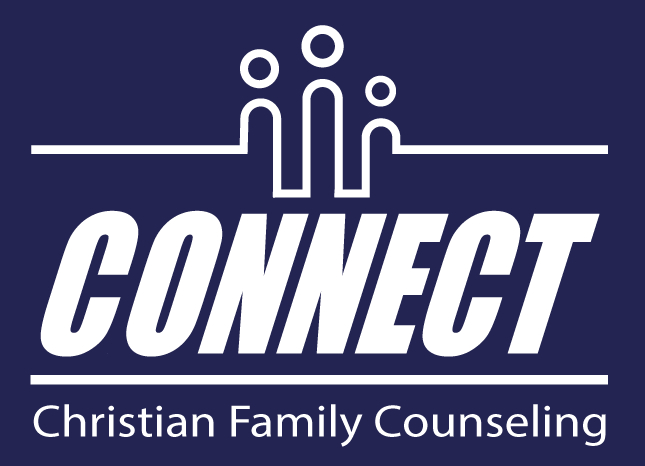In a nationwide survey by the American Association of Pastoral Counselors (AAPC), 83% of Americans believe their spiritual faith and religious beliefs are closely tied to their state of mental and emotional health. Three-quarters have stated it’s important for them to work with a therapist who integrates their values and beliefs into the counseling process. And more respondents said they would prefer to see a religious counselor than a psychiatrist, psychologist or family doctor.
You will also find that some faith-based counselors will be licensed by the state, and some will not. The reason for this is a state license severly limits a counselor by prohibiting the use of personal beliefs as the basis for client treatment. A true Christian faith-based counselor is free to speak openly and candidly about his or her faith with the client and the clients faith understanding. And, while state-licensed mental health professionals are well trained in emotional counseling, they aren’t necessarily trained to help heal on a spiritual level.
At the end of the day, if you are a person of faith or want to be, you need to have both, a strong committed Christian counselor who is also highly trained to deal with the complexities of trauma, loss, emotional dysregulation, and coping strategies. You must decide what you wish your counselor to bring into the room for you.
If you or someone you love is interested in exploring faith-based treatment, feel free to contact us for a free consultation.
To learn more about how we define and apply faith-based and pastoral counseling click below.


